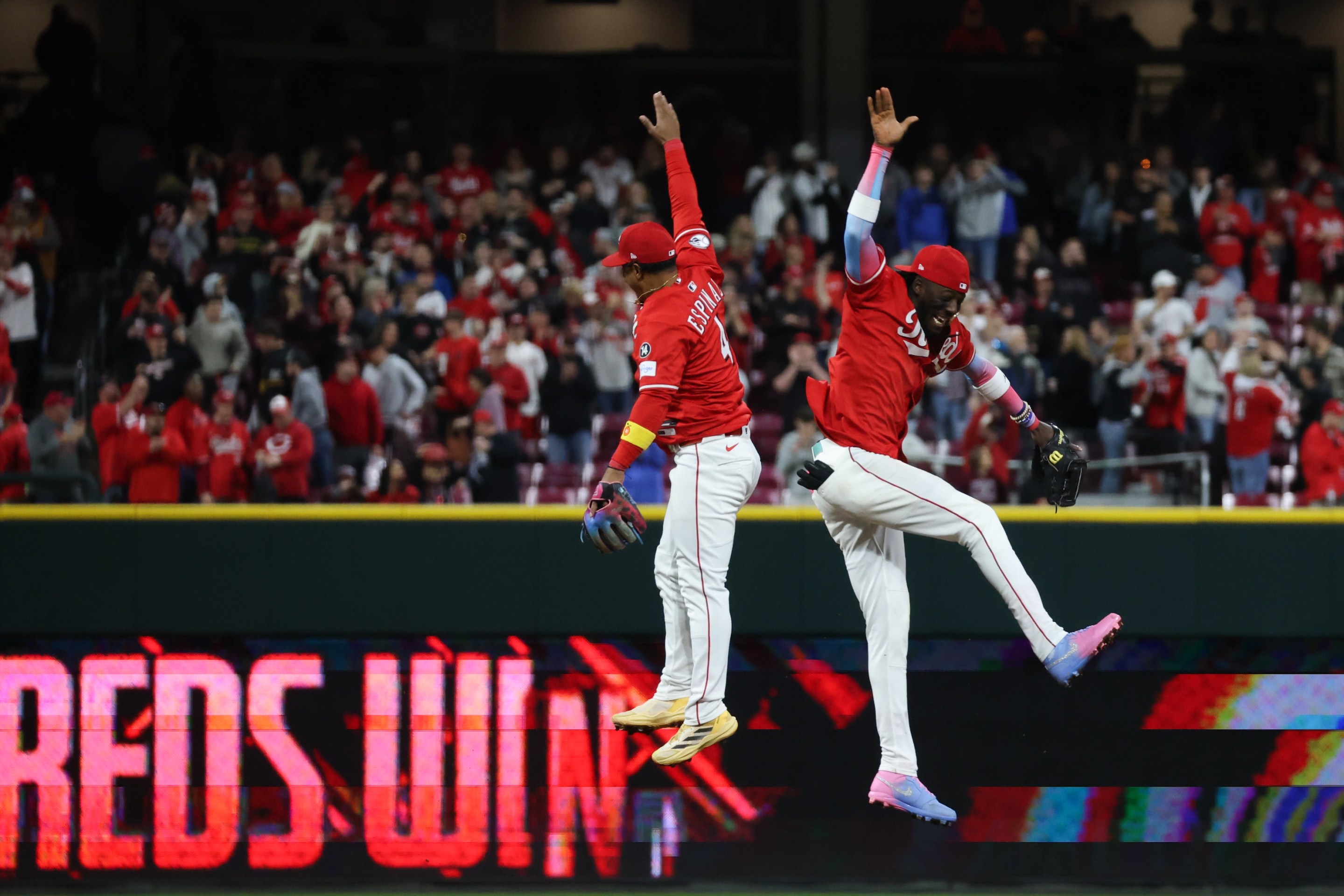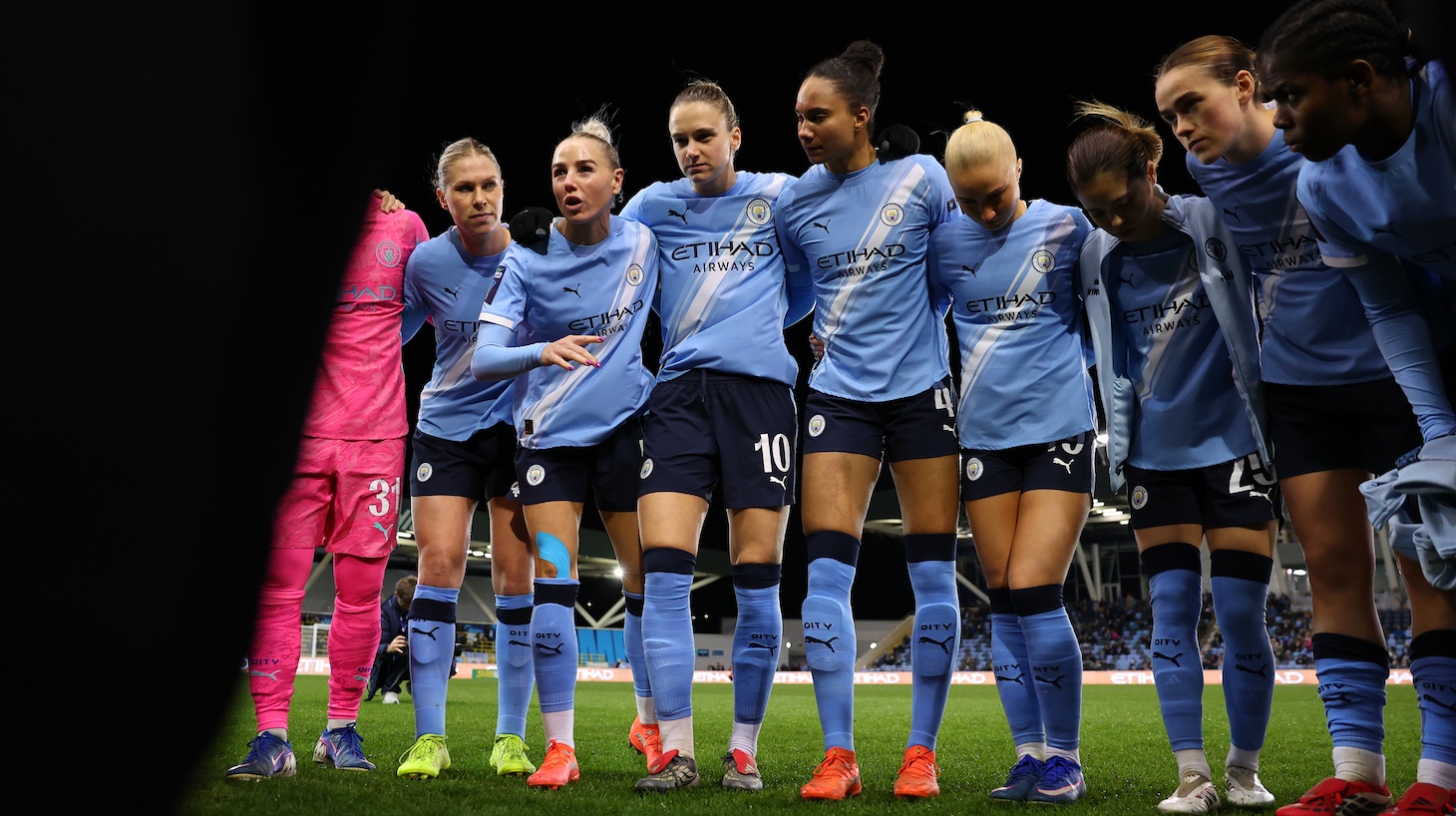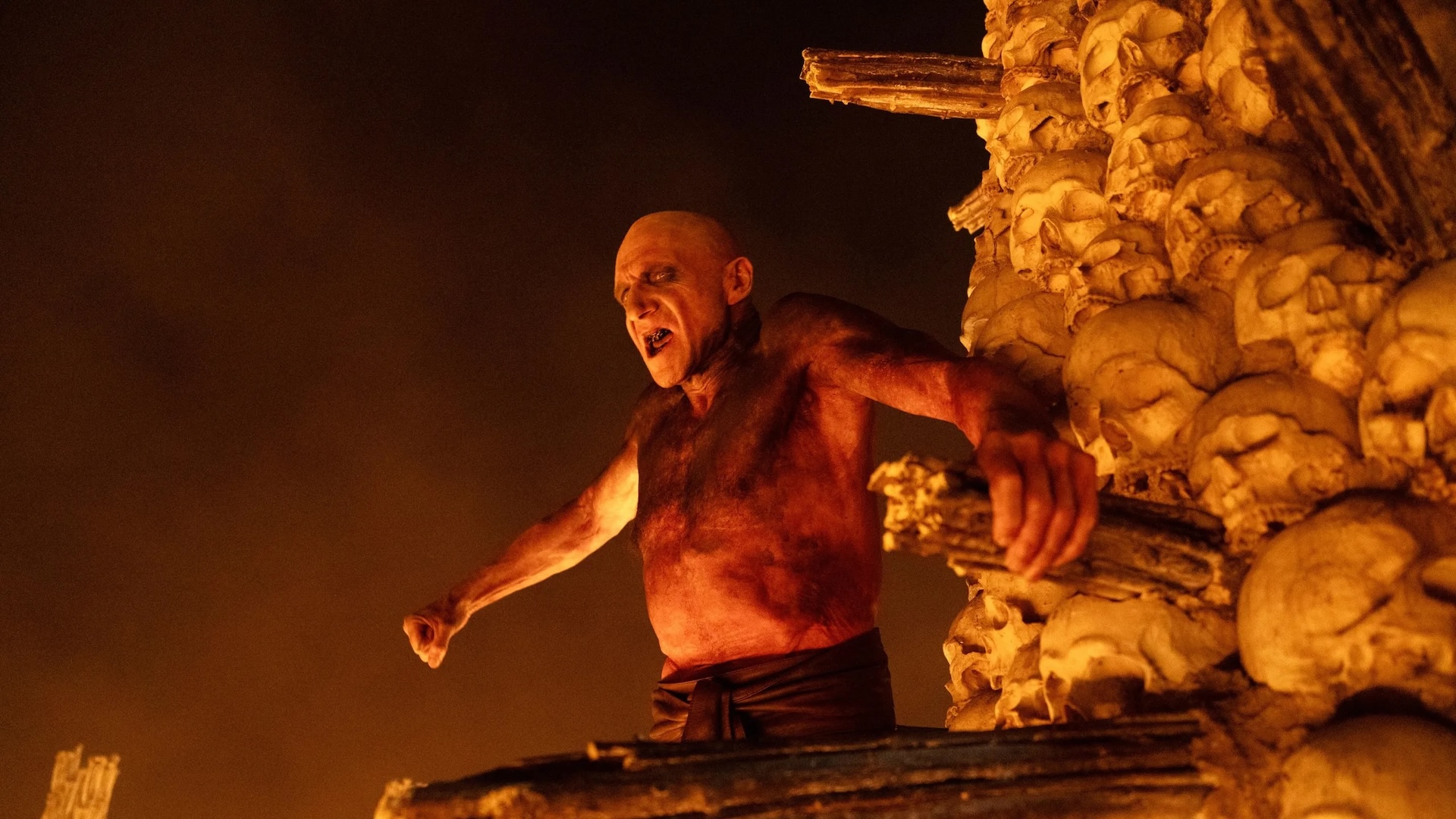It may be quite easy to please MLB commissioner Rob Manfred, but you’d never know it. Credit to him: The man always looks like a traffic cop on a rainy day. Manfred long ago was accused of not enjoying baseball; based on his usual expression, he has clearly copped a plea on that particular change in lieu of mounting any kind of defense.
But there is one team that Manfred can love unreservedly. They do baseball like all the other teams, absolutely, but most important to Stopwatch Rob, they do it quickly. Absurdly so, in fact. They are the Cincinnati Reds, and if Manfred understands what his audience wants correctly, which is less of what they have paid for per serving, those Reds are the team that will save the game.
Guess which side you should bet.
Manfred has been a driving force behind most of the rules changes that have made baseball a much less leisurely pastime in recent years, most notably the pitch clock. The game times, which allegedly were killing interest in the games as opposed to the panoply of ailings and failings that actually have chased customers away, have been reduced by a half-hour since 2021, and though neither attendance nor ratings have been boosted in ways that reflect that nearly 20 percent reduction in elapsed game time, the general feeling is that less baseball is better than more, and that less standing around between acts of baseball is fantastic.
Enter, now, the Cincinnatis, who have taken Manfred's rage for haste to heart more enthusiastically than anyone else. They have to. Other than Elly De La Cruz, and maybe the pre-Cy Young stages of Hunter Greene's career, they are profoundly faceless and results-light. They play in the second-smallest of MLB's media markets, their payrolls are modest and they are notably huffy about it, and their attendance in the lower half of the business. At 8-8 on the new season, they are firmly ensconced in the featureless midpoint of the sport.
Against all this, the Reds can at least say with pride and convincing corroborating evidence that they loiter less than anyone else, and as such become by default Manfred's favorite team, even if he neither can nor would say it aloud. They whirled through Sunday's 4-0 win over Pittsburgh in a hyper-sprightly 2:03, tying for the fastest game of the season. More than that, it marked the 13th time in their 16 games that the Reds didn't even play for two and a half hours; their average time of game is less than 2:20. That's not only 55 minutes faster than the 2021 Reds, though that's a remarkable achievement in and of itself. As the average game time this year is 2:40, the Reds are the fastest team in baseball by about the length of an inning and a half, and at this rate will be the fastest team in baseball in terms of time of game since 1953.
This may not mean much to you, certainly not with basketball and hockey playoff season descending, but it plainly means much to Manfred, or should. He can pretend all he wants to be the impartial arbiter of all that he surveys—which, given that he works for the owners, isn't all that much or all that meaningful—but the Reds have taken his no-loitering campaign to their chests. If those brisker games mean fewer beers sold and less high-sodium nitrate death tube revenues, they're at least following the big boss’s preferences.
The Reds became the first team in history to lose three successive 1-0 games earlier this year, which you would think was statement enough of how committed they are to Getting On With It. As it happened, it was just a hint of what they could do, and how quickly they would do it. Sunday was their third shutout win in the last six games, all completed in less than two hours and ten minutes. This does not seem to be an anomaly, even allowing for the small sample size. Under new manager Terry Francona, the Reds seem to be playing with their cars idling in the parking lot. This may be because Francona, who came out of retirement this off-season to take the job, might have unpublicized bedtime issues. But they also might just come by it honestly.
The real tipoff, there, can be found in their two longest games, excruciating marathons that barely reached the average time of every other game played in the sport. Cincinnati’s two longest games were an 11-7 win in Milwaukee which lasted 2:40, the league mean, and an 8-6 loss at San Francisco that lasted 10 innings and 2:41. The last time that the Reds played an 11-7 game before the advent of the pitch clock, that game lasted 4:08, a figure that reflects an era in which we would all live forever and never worried about obnoxious items like the finite nature of time. You know, 2019. In 2023, the first year of the pitch clock, they beat the Orioles 11-7 in a 10-inning game that nearly but didn’t quite hit four hours. Something uncanny is clearly at work here.
We live in a different world now, and the things we still have to do ourselves we will want to do quickly. The Reds, while not typically known as progressive thinkers when it comes to trends, are showing us the way. By playing less actual baseball than anyone else, they are riding the new cutting edge of entertainment. By having the worst offense of any team not named Pirates or White Sox, who are their own category, the Reds have greatly reduced the carbon footprint of run production, which used to be a sign of competitive prosperity. As a related byproduct, they have also been diligent in preventing the other team's hitters from fouling the planet with achievement. In other words, the Reds are the very model of contemporary American life—providing less of everything for the same cost, while still delivering the veneer of goal-based effort.
See, anyone can be Pittsburgh or the South Siders of Chicago, although given the witness protection-level anonymity of those rosters it might be more accurate to say that they could actually be anyone. Either way, it takes no imagination to be awful, provided you're okay with everyone in your town hating you or worse, ignoring you. The Reds are not doing that. They are a model of mid-21st-century branding and just-in-time mediocrity in action. The Reds get you home in time for dinner. The Reds allow you to sneak off to a ballgame and get you back to the office before the boss knows you left. The Reds improve your health by reducing the time you spend befouling your insides with ballpark food and drink that turns your arteries to torpedo bats, and they reduce the amount of time you sit in the sun accruing ominous levels of sunburn. "Take Me Out To The Ballgame?" Hah! "Get Me Home From The Ballgame," more like.
At a time when people fret about the Dodgers' model of buying everything the Mets can't buy first, and stress out at the almost certain prospect of a lockout in the next couple of years, the Reds are operating on a whole new plane of existence, one defined by the nearly 22 hours per day when they're not doing the thing they're paid to do. They are like those Peruvian hummingbirds in the The Americas series Tom Hanks narrates—you didn't know about them until you saw them, and they were there only briefly there before they were gone again. The only thing the Reds need to figure out is how to be as memorable as those hummingbirds, and that isn't easy to pull that off when your major export is being out of sight. For the moment, they will have to be content with being Rob Manfred's model team for the new baseball—if you can spot it.






